How to Prove That the Family Class Permanent Residence Application Is Not Based on a Fraudulent Partnership
Date Posted:April 23, 2025
Last Updated:April 28, 2025

Index
The permanent residence application category under Family Class is for individuals applying to become family members of Canadian citizens or permanent residents. The main focus of the application is to assess whether the relationship is genuine.
Family Class (Spouse/Common-Law Partner)
This category is for Canadian citizens or permanent residents who wish to live with their spouse, common-law partner, or dependent children (minor biological or adopted children). The Canadian citizen or permanent resident acting as the sponsor must provide for the applicant’s basic needs so that they will not need to rely on social assistance during the specified period. While waiting for the application to be processed, the applicant can apply for and obtain a work permit.
Background to the Stricter Review
The reason Immigration, Refugees and Citizenship Canada (IRCC) has increased the scrutiny of applications is due to cases where foreign nationals attempt to obtain permanent residence by entering into fake or non-genuine relationships with their sponsors. Some individuals may enter into business-like agreements where they fabricate a relationship with a foreigner in exchange for a fee.
To prevent this, immigration law stipulates that “Sponsors must sign an undertaking to financially support their partner for three years from the date permanent residence is granted, even if the marriage or partnership breaks down.” However, more than that, IRCC aims to prevent fraudulent family class permanent residence applications using such fake relationships.
To prove the relationship is genuine, several documents must be submitted with the sponsorship application for the spouse or partner. If the immigration officer has doubts about the authenticity of the relationship, they may request an interview with the couple at the immigration office. The interview will be conducted separately for both the sponsor and the applicant.
If the immigration officer’s doubts about the authenticity of the relationship are not resolved, the application will be rejected.
How to Prove a Genuine Relationship
IRCC requires all couples, including same-sex couples, to submit documents that prove their relationship is genuine.
Proof of Spouse
Couples who are married must provide the following public documents:
- Completed Relationship Information and Sponsorship Evaluation questionnaire (IMM 5532)
- Marriage certificate
- Marriage registration certificate from a government (local, provincial, or national) agency
- If either the applicant or sponsor was previously married, a divorce certificate
- If the applicant and sponsor have children together, a long-form birth certificate or adoption certificate showing both parents’ names
Proof of Common-Law Partner
In Canada, a common-law partner is defined as an “unmarried couple who have lived together in a conjugal relationship for at least one year.”
Like married couples, common-law partners must submit the same documents to prove their relationship. Additionally, they must provide proof that they have been living together for at least one year.
Other required documents include:
- A notarized Statutory Declaration of Common-Law Union (IMM 5409)
Relationship evidence documents
Furthermore, whether for a spouse or common-law partner, both the sponsor and applicant are required to submit documents proving the relationship, such as:
- Joint bank accounts or credit cards
- Documents proving shared financial support and/or expense-sharing
- Letters from friends and family
- Wedding invitations and photos
- 10-20 photos that demonstrate the relationship
- Household management and division of chores
- Phone call records
- Social media posts
If sufficient documentation is not provided, a detailed explanation must be submitted.
Proof of Cohabitation
For both spouses and common-law partners, proof of cohabitation must be provided through documents such as:
- Joint ownership of residential property
- A lease agreement showing both the sponsor and applicant as residents of the rental property
- Shared utility bills (electricity, gas, phone, internet), joint credit card accounts, or joint bank account statements
- Proof of vehicle insurance listing both the applicant and sponsor as residents at the same address
- Government-issued documents (e.g., driver’s licenses) showing both the applicant and sponsor at the same address
- Other documents, regardless of joint ownership, showing the applicant and sponsor at the same address (e.g., mobile phone bills, pay stubs, tax returns, bank or credit card statements, insurance policies)
Additionally, for common-law partners, proof must be submitted showing at least one year of continuous cohabitation before the application. For spouses, cohabitation must be proven at the time of application.
If the couple has not lived together during a period, evidence of continued relationship must be provided, such as:
- Letters, printed text messages, emails, social media conversations, or other documents showing they have been in contact (up to 10 pages)
- Proof that the sponsor visited the partner (e.g., flight tickets or boarding passes, passport stamps)
Is This Enough to Prove the Relationship?
The family class application is far from easy. A lot of paperwork is required to prove that “the relationship is genuine.” In addition to the above documents, other forms of documentation are needed, such as work history, education, family details, and checks for criminal background and health status.
Do you have doubts about whether the documents you have are appropriate?
Wondering if the documents you have can be submitted?
If you are unsure, please contact us first.
Related Columns

Date Posted:February 5, 2026
New Brunswick Immigration Tightens PR Selection|Who Still Has a Realistic Path and Who Must Rethink Strategy
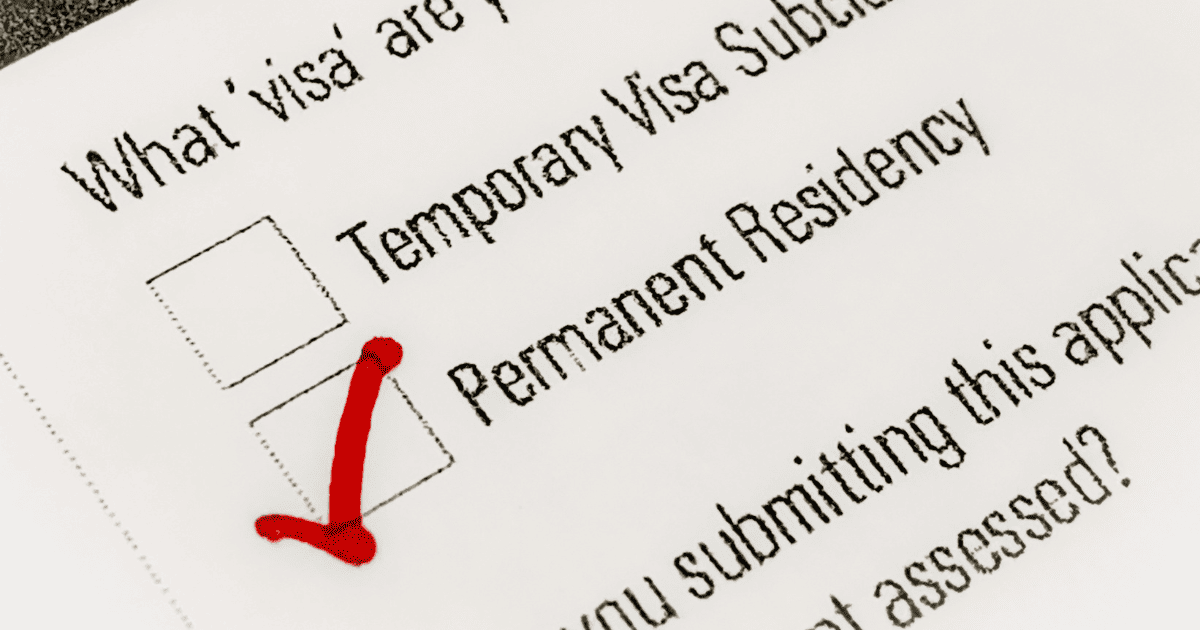
Date Posted:January 29, 2026
Express Entry:Four Strategic Lessons from the Largest Draw in History on
Related News
Looking to obtain permanent residence or a visa?
Consult with us now!
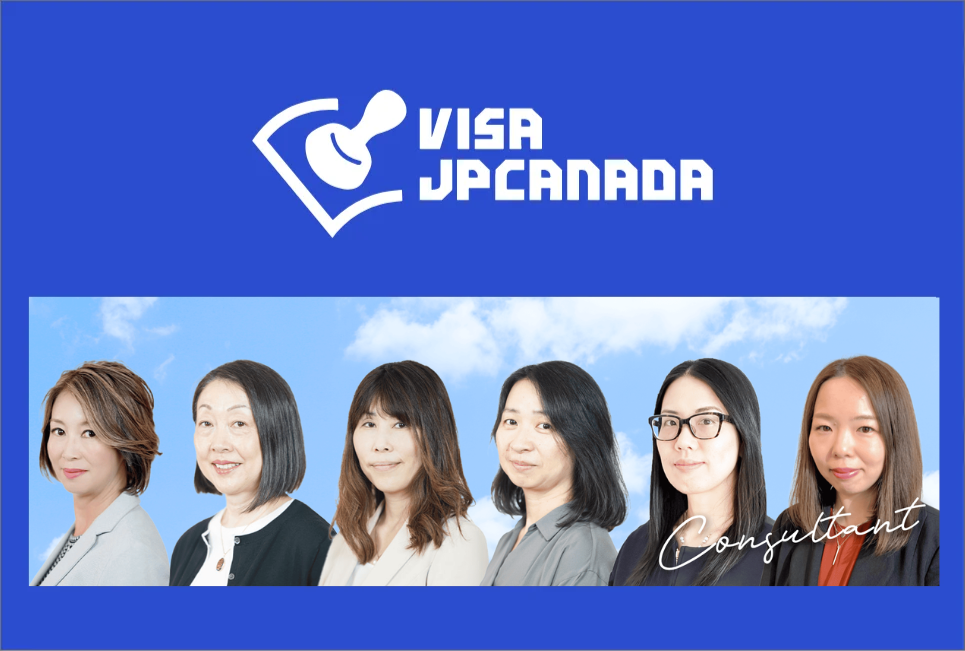
Applying for permanent residence or a visa to Canada on your own can be overwhelming due to the large number of required documents, and you may feel uncertain about whether everything is correct. However, if you're serious about immigrating to Canada, we strongly recommend seeking the support of an immigration consultant. There are many pathways to obtaining permanent residence, depending on factors such as your age, occupation, and family status. With the help of an expert, you can ensure that you plan the right approach tailored to your specific situation.
A professional immigration consultant will help solve your concerns
Get a free Counseling now
From immigration planning to application submission,
everything is completed with Visa JP Canada

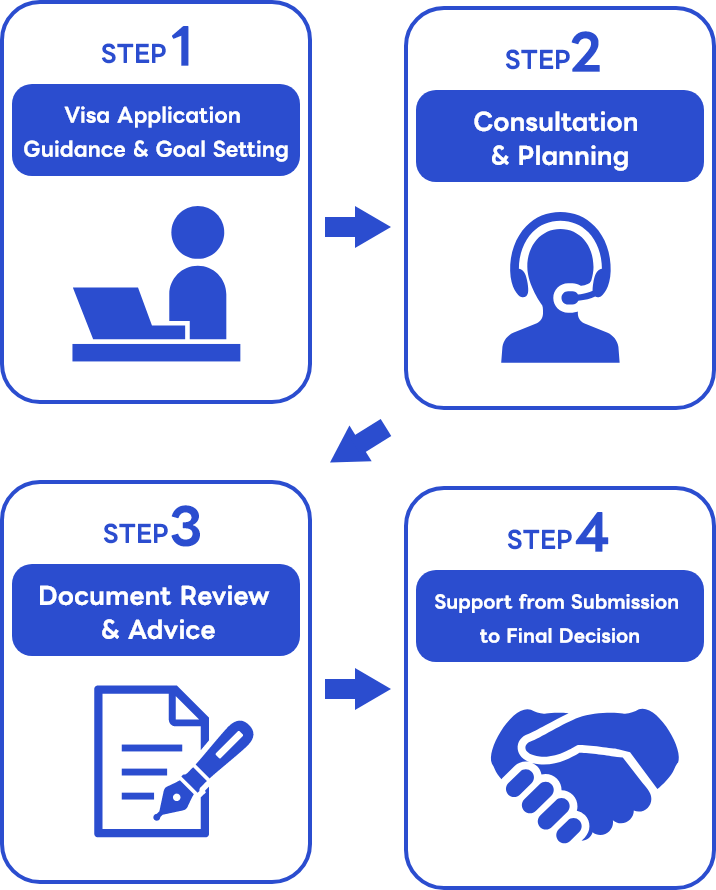
Consulting with an immigration consultant makes the process clearer and much smoother. You’ll feel more confident with document submissions and procedures, significantly reducing the risk of mistakes. Take the first step toward your Canadian dream with the guidance of an expert.
Free Counseling
Tag list
Popular Rankings

2025年10月3日
PNP and AIP Program Updates: Growing Restrictions Across Canadian Provinces (As of July 2025)
Index1 Nova Scotia2 Yukon3 New Brunswick4 British Columbia (BC)5 Northwest Territories6 Summary In 2
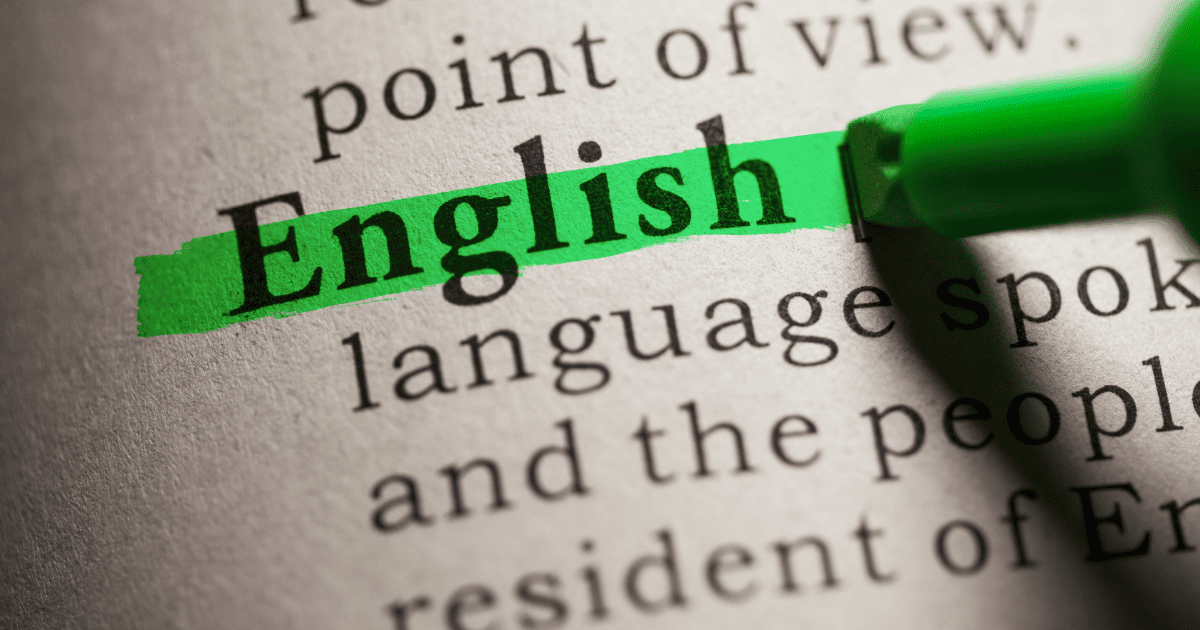
2025年8月21日
A New English Test for Permanent Residence Applications – TOEFL Essentials to Be Added
Index1 What is TOEFL Essentials?2 Which Immigration Programs Will Accept It?3 Important Note – Not Y
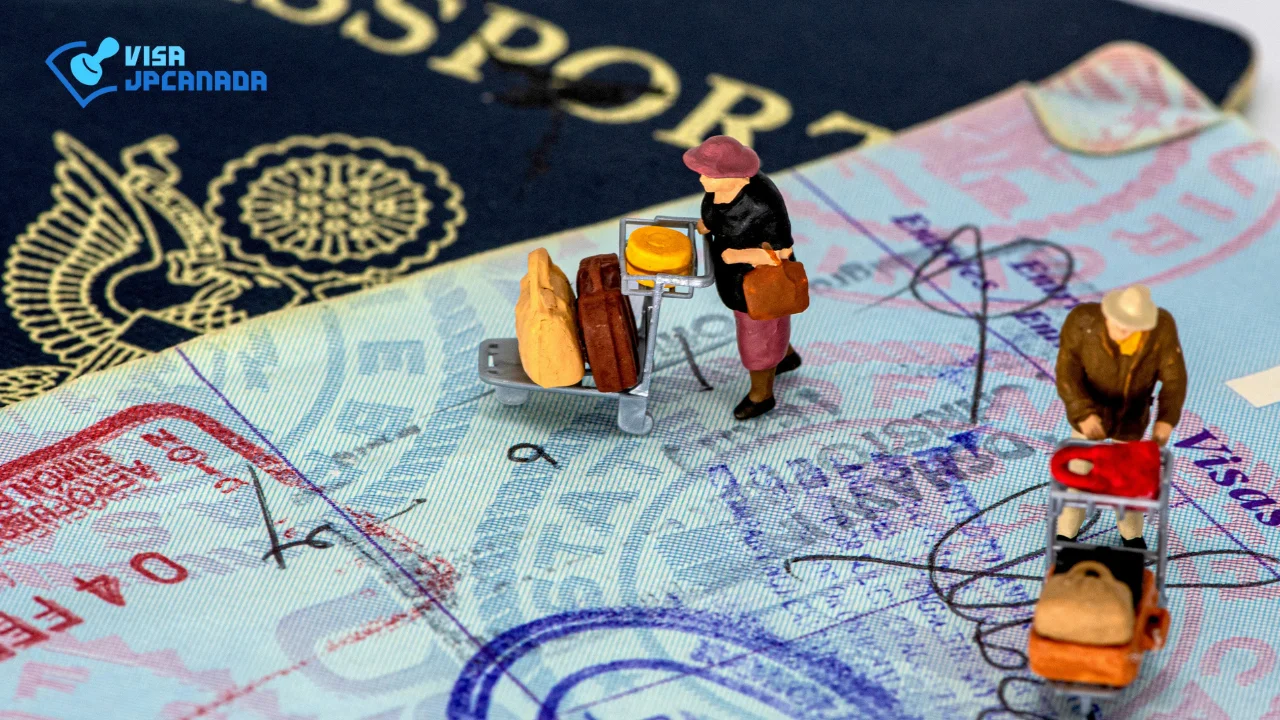
2025年4月28日
PR Card Renewal and Residency Obligation for Permanent Residents
Index1 Residency Obligation2 Determining Whether the Residency Obligation Has Been Met3 How to Calcu
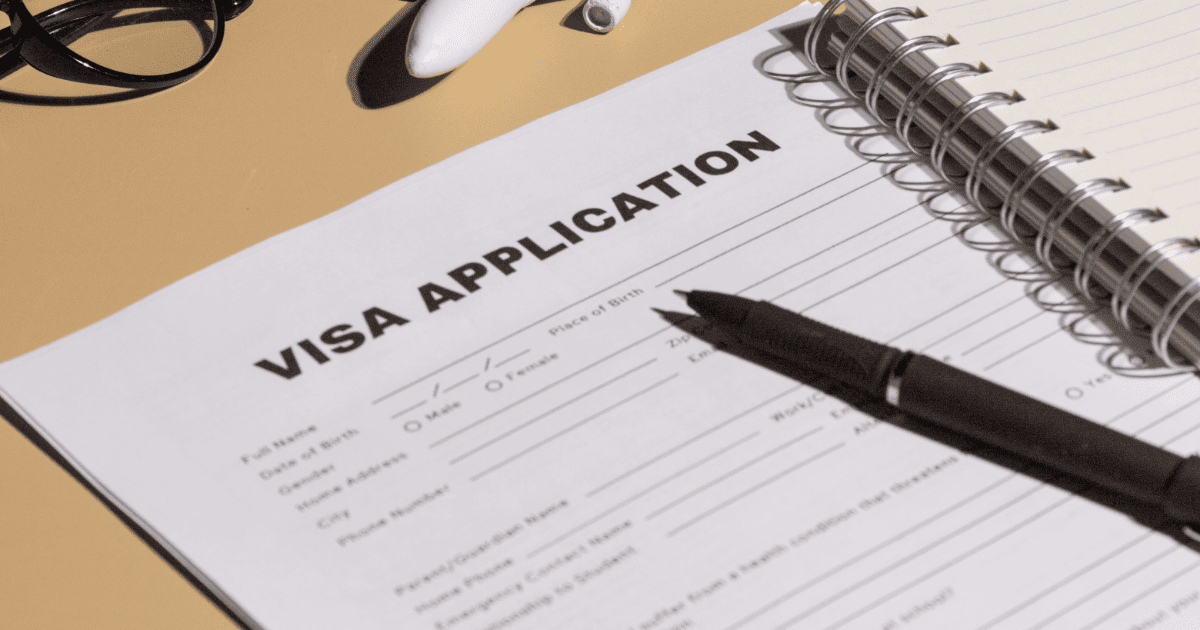
2025年12月16日
10 Critical Mistakes That Can Jeopardize Your PGWP Application— The 180-Day Rule and the Reality of Processing Delays
Index1 1. Completing a Program That Is Not PGWP-Eligible1.1 What to do2 2. Failing to Maintain Full-





